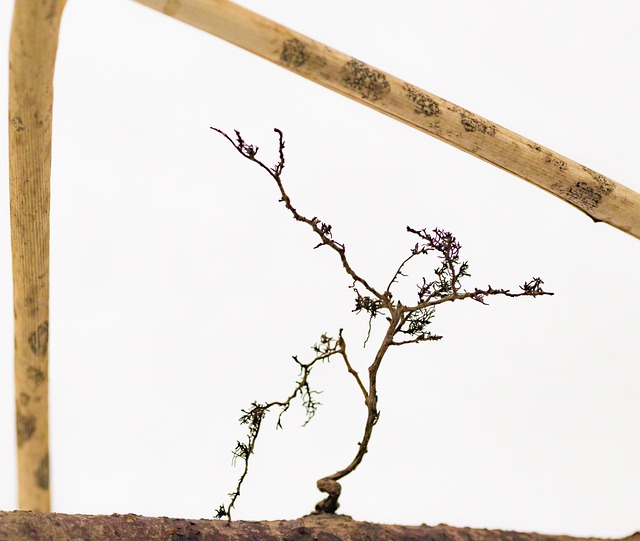lucky pharaoh 🏉 The Enigmatic Allure of the Lucky Pharaoh: Unveiling Ancient Fortunes

The Enigmatic Allure of the Lucky Pharaoh: Unveiling Ancient Fortuneslucky pharaoh

In the vast tapestry of ancient civilizations, few figures have captured the imagination quite like the pharaohs of Egypt. These rulers, often shrouded in mystery and reverence, are frequently associated with immense wealth, divine favor, and a legacy that transcends time. Among the many tales that swirl around these powerful figures, the concept of the "Lucky Pharaoh" stands out as a particularly intriguing narrative. But what exactly does it mean to be a lucky pharaoh, and how has this idea influenced our understanding of ancient Egyptian culture?
At its core, the notion of a lucky pharaoh intertwines historical fact with mythological embellishment. Pharaohs were not merely political leaders; they were considered divine intermediaries between the gods and the people. This role imbued them with a sense of destiny and fortune, as their successes in battle and governance were often seen as direct blessings from the heavens. The pyramids, temples, and intricate tombs were not just architectural feats; they were embodiments of this divine favor, constructed to ensure the pharaoh's place in the afterlife and to solidify their legacy on Earth.lucky pharaoh

However, the idea of luck goes beyond divine endorsement. It also reflects the intricate relationship between the pharaoh and their subjects. A pharaoh's prosperity was, in many ways, tied to the well-being of the nation. A successful harvest, a victorious campaign against rivals, or a bountiful trade expedition would enhance the pharaoh's reputation and solidify their perceived luck. This reciprocal relationship highlights a fascinating aspect of ancient Egyptian society: the belief in shared fortune. When the pharaoh thrived, so too did the people, creating a culture steeped in the idea that a lucky ruler could elevate an entire civilization.
Moreover, the symbolism of luck in ancient Egypt is deeply rooted in their mythology. Deities such as Horus, the falcon god, represented kingship and protection, while Osiris, the god of the afterlife, symbolized resurrection and eternal life. These gods were often depicted in association with pharaohs, bestowing luck and favor upon them. Iconography played a crucial role in reinforcing this belief, with amulets, inscriptions, and artwork serving as visual affirmations of a ruler's divine backing. The presence of symbols like the ankh, representing life, and the scarab beetle, symbolizing rebirth, further emphasized the idea that a pharaoh’s fortune was tied to their connection with the divine.lucky pharaoh
Yet, as history has shown, luck can be a fickle companion. The annals of Egyptian history are filled with tales of pharaohs who fell from grace, their fortunes reversed through internal strife, foreign invasions, or natural disasters. The concept of a "cursed" pharaoh, whose tomb or artifacts brought misfortune, adds an intriguing layer to the narrative of luck. The infamous curse of Tutankhamun, for instance, has captivated the public's imagination, intertwining the themes of luck, fate, and the supernatural. This curse, often attributed to the discovery of the young pharaoh's tomb, serves as a cautionary tale, reminding us that even the most fortunate rulers can face dire consequences.
The modern fascination with the lucky pharaoh extends beyond academic circles and into popular culture. Movies, literature, and art continue to draw inspiration from these ancient stories, creating a blend of fact and fiction that keeps the allure of ancient Egypt alive. The idea of a lucky pharaoh resonates with contemporary audiences, speaking to our own desires for fortune and success in an uncertain world.
In this light, the story of the lucky pharaoh serves as a mirror reflecting our hopes and fears. The ancient Egyptians believed that their rulers were destined for greatness, a belief that fostered a sense of national pride and unity. Today, we still seek out symbols of luck and success, whether through talismans, rituals, or the simple act of wishing upon a star. This enduring connection to the past highlights the timeless human quest for fortune and favor.
As we unravel the layers of the lucky pharaoh, we discover not just a narrative of ancient wealth and power, but a deeper understanding of the human condition. The interplay between luck, destiny, and divine favor is a testament to our enduring fascination with the forces that shape our lives. The lucky pharaohs of ancient Egypt may have walked the earth thousands of years ago, but their legacy continues to inspire and intrigue us, reminding us that fortune, like the sands of the desert, is ever-shifting and always elusive.
In conclusion, the tale of the lucky pharaoh encapsulates a rich tapestry of history, myth, and culture. It invites us to ponder the nature of luck and its profound impact on human civilization. As we delve into the past, we are reminded that the quest for fortune is an intrinsic part of our shared human experience, weaving together the threads of fate, belief, and legacy that connect us all.
Fale conosco. Envie dúvidas, críticas ou sugestões para a nossa equipe através dos contatos abaixo:
Telefone: 0086-10-8805-0795
Email: portuguese@9099.com


